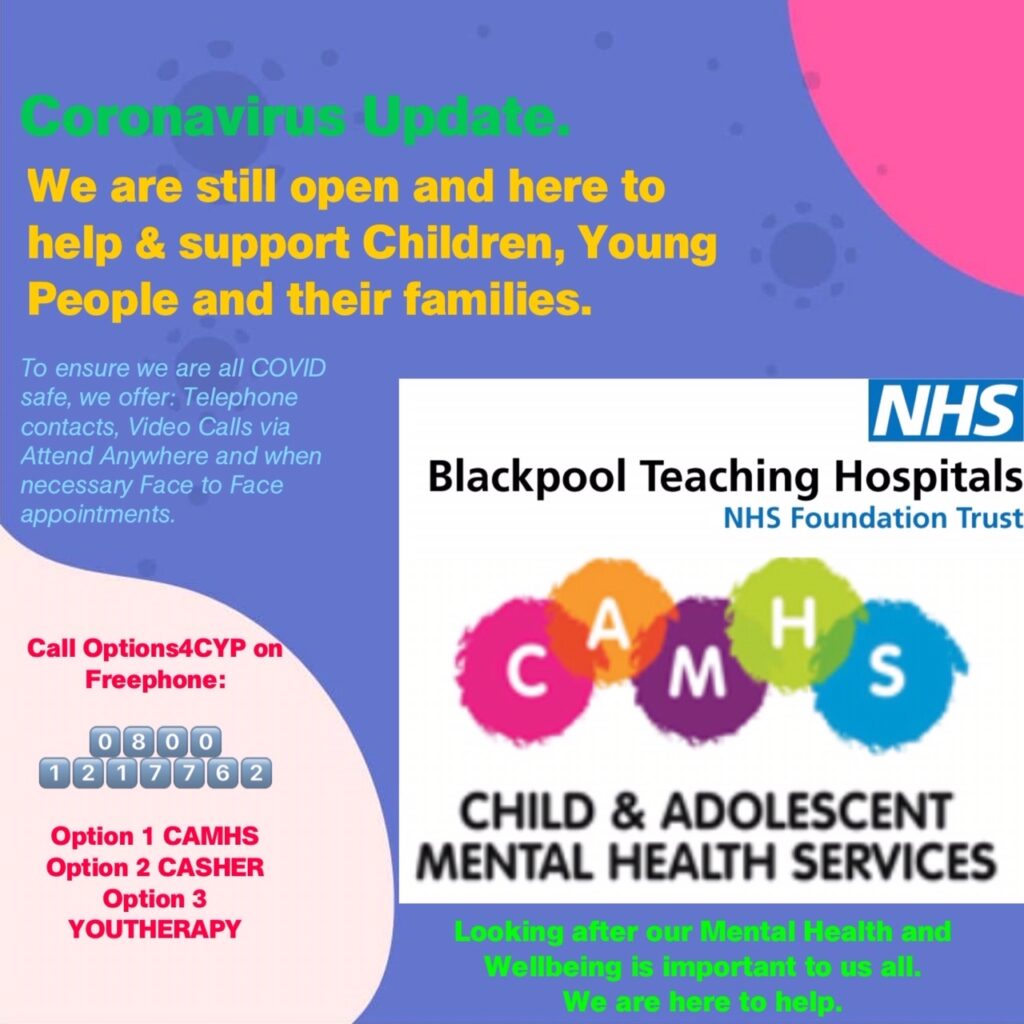Adolescent Mental Health

What is Adolescent Mental Health?
Adolescent mental health refers to the psychological, emotional, and social well-being of young people between the ages of 10 and 19 years. It encompasses how adolescents feel, think, and behave, affecting their ability to cope with life's challenges and develop healthy relationships. Mental health issues can have a significant impact on adolescents' daily lives, including their academic performance, social interactions, and overall quality of life.
Common Mental Health Issues in Adolescents
Some of the common mental health issues in adolescents include anxiety, depression, eating disorders, substance abuse, and self-harm. These issues can manifest in various ways, including mood swings, changes in appetite and sleep patterns, social withdrawal, and loss of interest in activities they once enjoyed.
Causes of Adolescent Mental Health Issues
There are various causes of adolescent mental health issues, including genetic, environmental, and social factors. Adolescents who have a family history of mental health issues are more likely to experience mental health problems themselves. Additionally, environmental factors such as stress, trauma, and abuse can also contribute to mental health issues. Social factors such as peer pressure, bullying, and academic stress can also affect adolescent mental health.
Ways to Promote Adolescent Mental Health
1. Encourage Open Communication
Encouraging adolescents to speak openly about their thoughts and feelings can help them develop coping mechanisms and reduce stress levels. Parents, teachers, and guardians should create a safe and supportive environment for adolescents to share their concerns and seek guidance when needed.
2. Promote Healthy Habits
Healthy habits such as regular exercise, proper nutrition, and enough sleep can help improve adolescent mental health. Encouraging adolescents to engage in physical activities, eat healthy foods, and get enough rest can help them feel better both physically and mentally.
3. Seek Professional Help
If an adolescent is experiencing persistent mental health issues, it is essential to seek professional help. Mental health professionals such as therapists, psychiatrists, and counselors can help diagnose and treat mental health issues, providing the necessary support and guidance to improve adolescent mental health.
4. Reduce Stigma
Reducing the stigma surrounding mental health can help adolescents feel more comfortable seeking help when they need it. By promoting open and supportive conversations about mental health, we can help break down the barriers that prevent adolescents from seeking the help they need.
Advantages and Disadvantages of Adolescent Mental Health Treatment
Advantages
- Improved quality of life
- Better academic performance
- Improved social relationships
- Reduced risk of substance abuse and self-harm
Disadvantages
- Stigma associated with mental health treatment
- Cost of treatment
- Side effects of medication
- Difficulty finding the right treatment and healthcare provider
FAQs
Q: What are the signs of adolescent mental health issues?
A: Signs of adolescent mental health issues may include mood swings, changes in appetite and sleep patterns, social withdrawal, and loss of interest in activities they once enjoyed.
Q: How can parents help improve adolescent mental health?
A: Parents can help improve adolescent mental health by encouraging open communication, promoting healthy habits, seeking professional help when necessary, and reducing the stigma surrounding mental health.
Q: What can schools do to support adolescent mental health?
A: Schools can support adolescent mental health by providing mental health resources, creating a safe and supportive environment, and promoting open conversations about mental health.
Q: Can adolescent mental health issues go away on their own?
A: While some adolescent mental health issues may go away on their own, it is essential to seek professional help if an adolescent is experiencing persistent mental health issues.
